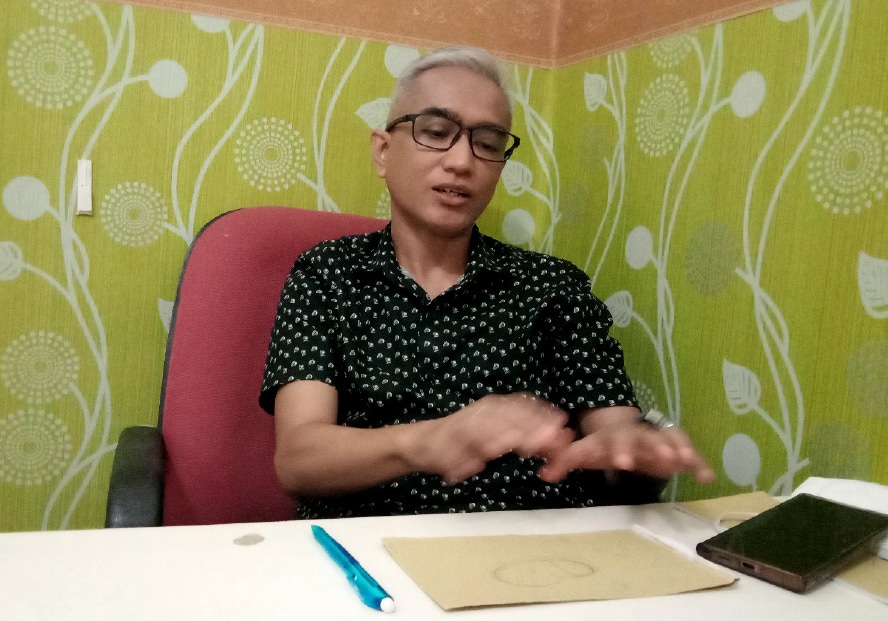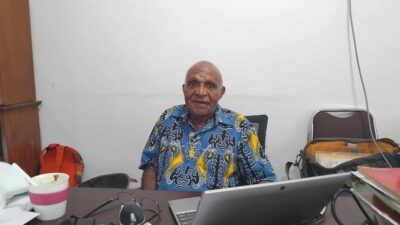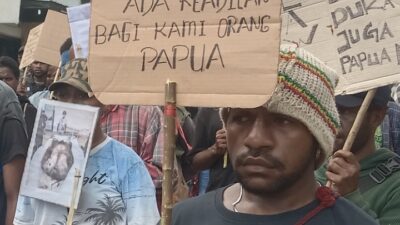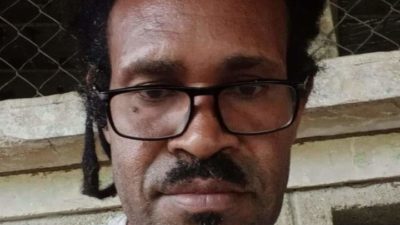Jayapura, Jubi – Psychiatrist Manoe Bernd Paul has expressed concerns about the detrimental effects of child marriage or marriage during adolescence on the mental health of children and its implications for future generations in Papua.
Manoe, speaking to Jubi at his office on Wednesday (28/2/2024), explained that human development occurs in stages, referencing the work of social psychologist Erik Erikson, who identified eight developmental stages: infancy (0-1 year), early childhood (1-3 years), preschool age (4-5 years), school age (6-11 years), adolescence (12-20 years), young adulthood (21-40 years), adulthood (41-65 years), and senescence (65 years plus).
“There are standard stages of human development supported by internationally accepted research. If any of the early developmental stages are disrupted, it will have consequences for the individual’s adulthood,” he said.
Manoe emphasized that disturbances in the stages prior to adolescence (12-18 years) significantly impact the individual’s development during this crucial period.
“At this stage, they begin to refine their abilities and demonstrate their identities and unique characteristics,” he explained.
However, the drive to establish and display identity during adolescence often manifests in extreme and exaggerated ways, leading to perceptions of deviance or delinquency from their environment, according to Manoe.
Instances of this behavior, he noted, can be seen in some adolescents in Jayapura City engaging in street stunts or attempting to establish relationships in inappropriate ways.
“Teenagers who marry or have children at a young age will struggle to fulfill their roles,” he remarked.
Manoe highlighted that teenage parents are navigating the complexities of identity formation and confusion characteristic of adolescence, which affects their mental health and, consequently, the well-being of their children.
“Marriage or parenthood at an early age makes individuals vulnerable to domestic violence and HIV/AIDS, especially if one partner engages in promiscuous behavior,” Manoe added.
The developmental stages experienced by teenage parents also have repercussions for the children they raise, impacting their future abilities and decision-making skills, the doctor noted.
“Considering the life cycle from infancy to adolescence that every child should undergo, any stage skipped or disrupted can have detrimental effects and is challenging to rectify,” he explained.
Manoe stressed the importance of educating children from infancy to adolescence, highlighting the crucial role of parents in this process and the risks it poses for future generations, particularly in Papua.
Furthermore, he underscored the alarming rates of HIV/AIDS among adolescents in Papua this year, emphasizing the need for collaborative efforts to address this issue.
“The high prevalence of HIV/AIDS among adolescents in Papua is a direct consequence of the factors discussed earlier. It requires concerted efforts from parents, NGOs, and the government. We must work together to educate adolescents and safeguard the future generations of Papua,” he concluded. (*)














